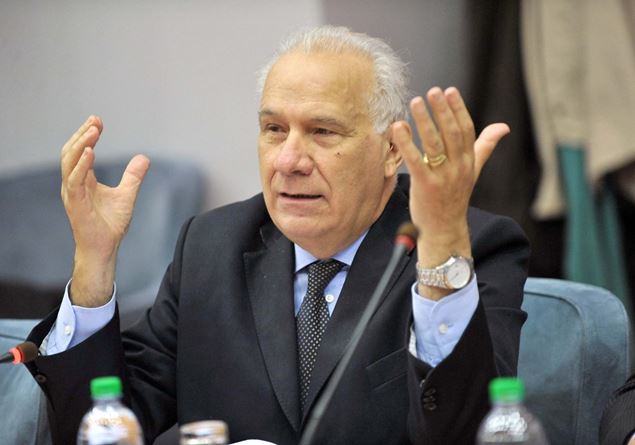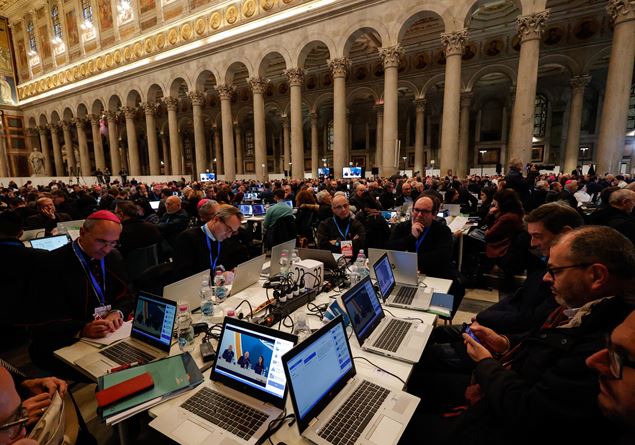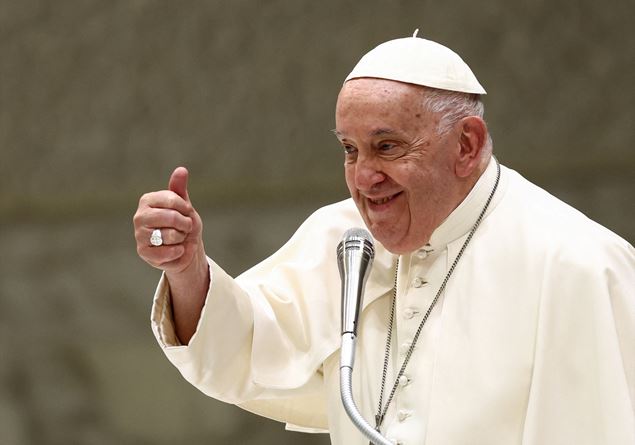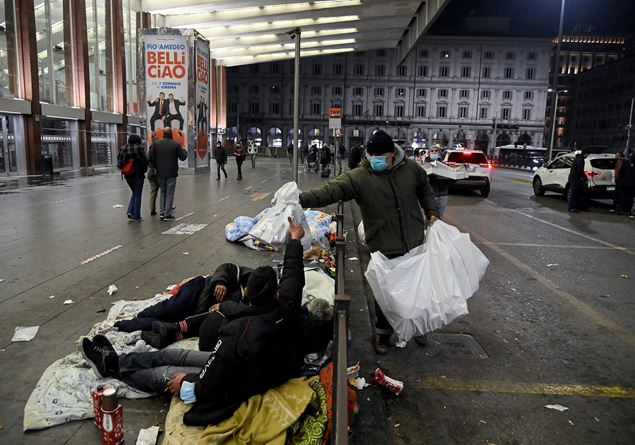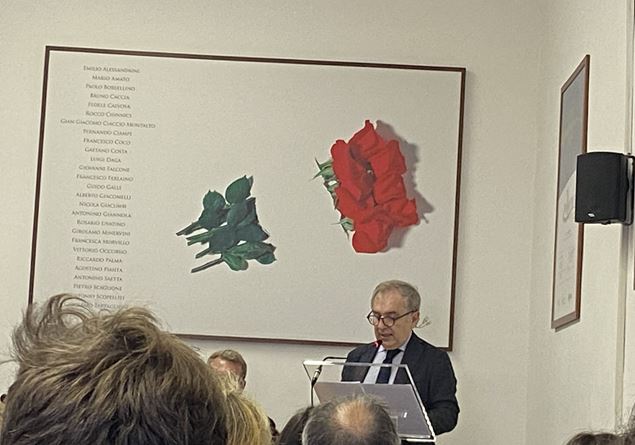
«We have the duty to maintain complete serenity in carrying out our tasks. Even knowing that, by going to the office, sitting down at the desk, the measure that we will have to takeaccording to lines consolidated by jurisprudence, will deliver us both to the danger of being branded as communist magistrates, terms that are loaded with a derogatory meaning far beyond the boundaries of their natural semantics, and enemies of the people, and the danger of seeing our sphere of confidentiality violated with the publication of photographs relating to moments of private life and with news about our emotional relationships.” Giuseppe Santalucia, president of the National Association of Magistrates, opens the ANM board by asking “not to give in to tiredness” and to continue to operate at the service of citizens and the country. Answering journalists’ questions, the magistrate specifies that «beyond the individual magistrates, the function they exercise is under attack. We would not like the discussion on dutiful impartiality and also on the dutiful appearance of impartiality to become the pretext for silencing the magistrates who can no longer even participate in a conference or public meeting in which they perhaps express criticism of government policies. Silence cannot be asked for in the name of impartiality. The magistrate can intervene on issues of justice.”
And, on the duty of impartiality, he adds that it «it is a prerogative to defend citizens, we practice it constantly, but we also practice it by asking that our fundamental rights as citizens be possible to exercise with that reserve, with the composure that are typical of the function, as some sentences of the Constitutional Court have said on several occasions. In my opinion, we are going beyond the boundaries of what is possible. Impartiality is one thing, silent submission to the government is another. It is not part of our constitutional and democratic physiognomy.” Furthermore, he adds, always keeping in mind the citizens’ interest in more efficient and rapid justice, «we must also say that the reform does not address any of the problems of justice. The problem of justice services, of improving quality and quantity is not addressed. Instead, it intervenes on the side of justice as a state power. It does not deal with justice as a service to citizens, but as power in its relationship with the other powers of the State. It is an issue that can have repercussions on the lives of citizens in the worst sense, which I hope does not happen a less strong, less independent, less autonomous magistrate, because that, yes, would mark a decline in the quality of the response.”
On the attacks of Elon Musk clarifies that «criticism is always welcome wherever it comes from, but criticism and invective are one thing. Telling the magistrates that they must go is not a criticism, but an insult and the President of the Republic has already responded to this.” He only adds that «he was already an absolutely influential figure, I wonder if a message of that type, which I think had many followers, doesn’t cast a sufficiently negative light on the country, those who don’t know, those who don’t know the events, among the many who have read, may think that Italy is a country to be avoided, this is enormous damage to the country, which is fine beyond the dispute with the judiciary.” Not only that, Musk’s comment that magistrates cannot speak because they have not been elected «increasingly leads to an idea of democracy that is different from the one we were trained in. The idea is gaining ground that only the elected can exercise the sovereignty that belongs to the people. In our constitutional system, however, sovereignty is divided into multiple institutional centers. Sovereignty belongs to the people who exercise it in the forms and within the limits of the Constitution. And jurisdiction is also a limit, a form with which sovereignty is exercised even if it is not elected by the people».
Controversy returns regarding participation in the demonstrations against the Messina bridge and appearances on TV, but, Santalucia clarifies, «we have created the space for intervention, supported by constitutional jurisprudence and the warnings of the Presidency of the Republic in our congress. This space says that it is necessary «speak if and when the word of a magistrate can make sense. Obviously we cannot talk about everything at random, but we have the right to talk about issues that concern justice and talk about them in a way that is appropriate to the exercise of our profession, which is the legal argument, which is the explanation, which is precisely the articulated discourse. Not the like, the invective, the assertive phrase that is launched on social media. If not even this can be done for the climate that is being created, I believe it means that a worrying threshold of unacceptability is being reached.”
The president of the ANM doesn’t even agree with the use of Giovanni Falcone’s name for the reform which «is not Giovanni Falcone’s, who, unfortunately, passed away in 1992. This reform matures in a completely different context. It would be good for those who participate in the dutifully expanded debate on constitutional reform to abstain, once they discover that they lack good arguments to support it, from the questionable expedient of using the name and figure of Giovanni Falcone to elevate the tone, quality and contents of the reform. The memory of a hero, of a martyr of the Republic, must be honored by refraining from using his name in the debate, sometimes even heated, on a reform that matures more than 30 years after his extreme sacrifice. This reform, if and when it is launched, will not be able to bear the name of Giovanni Falcone. It doesn’t belong to him, it couldn’t belong to him. It belongs to others. At least this is granted to the truth of the facts and is removed from the mystifying work of propaganda.”

